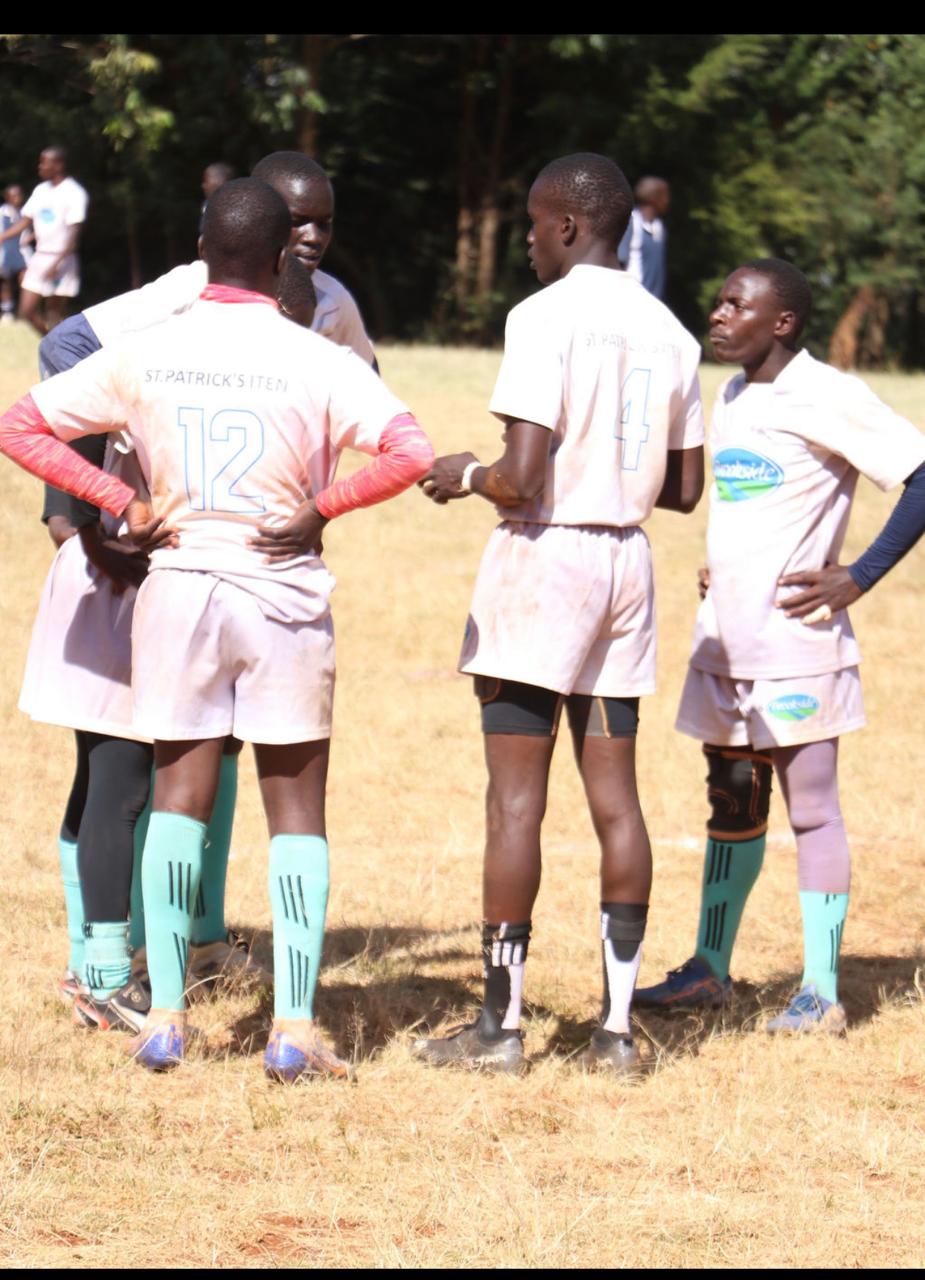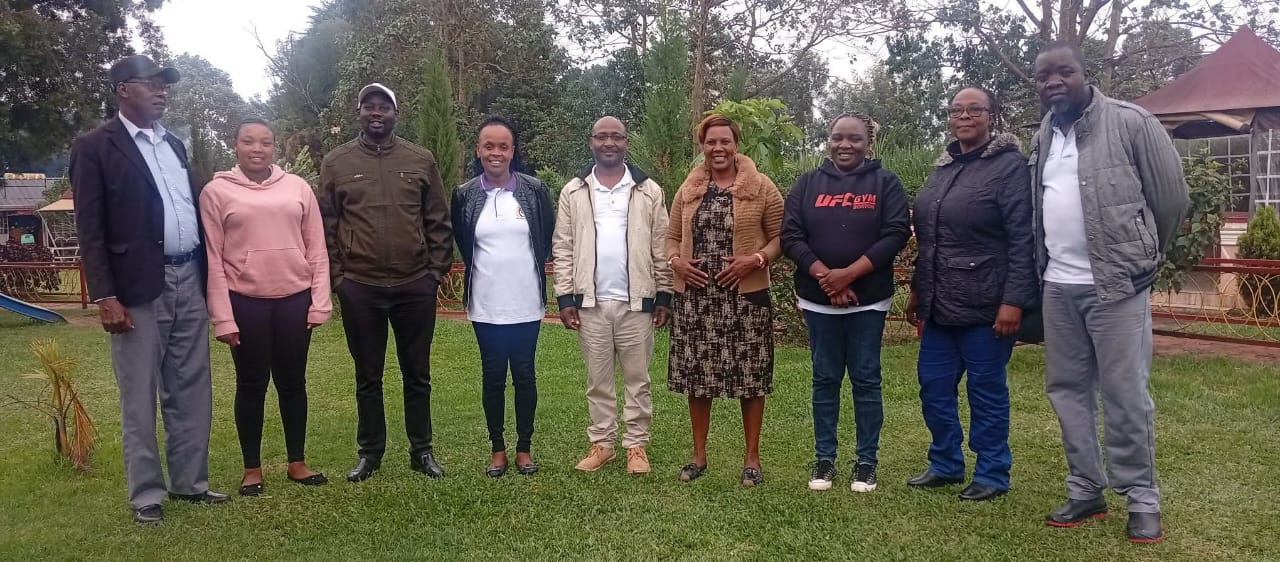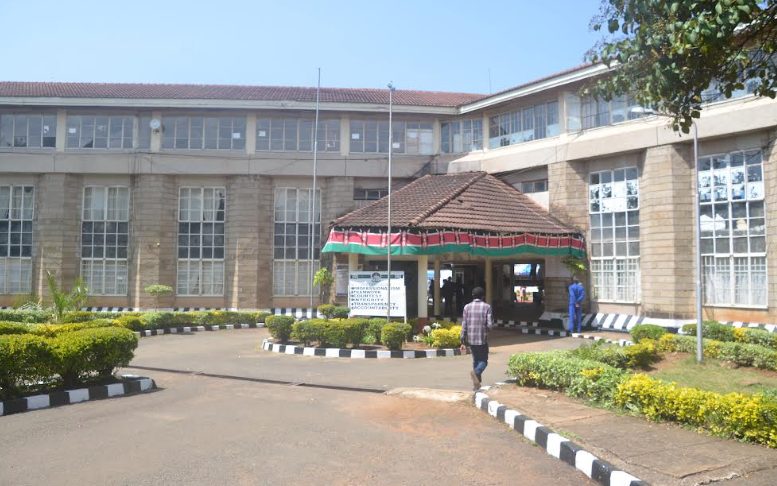By Correspondent
Residents of Pokot South Sub County have been advised to use whatever valuable possessions they have to educate their children.
The advice was given by the area Acting Director for Education, Mr. Julius Ngonesh when he addressed a community baraza at Full Gospel Church Kabichbich.
Mr. Ngonesh said that it was pointless to have property such as livestock yet fail to use it to educate children.
He said education is an investment and using proceeds from livestock to educate children was better use of livestock.
Mr. Ngonesh spoke during an education stakeholder meeting organised by the Ministry of Education to discuss the challenges facing access, retention and transition of learners to secondary education in ASAL and marginalised areas across the country.
The area Subcounty Quality Assurance and Standards officer, Ms Scholastica Lutomia said some parents in the area are to blame for poor performance in exams.
She said they stop children from attending schools during market days to take care of their homes as they take potatoes and other produce to the markets.
The forum was convened by the Ministry of Education under the auspices of Secondary Education Quality Improvement Project, (SEQIP)—a World Bank funded project, worth Shs.20 billion.
The Youth and Gender Mainstreaming Officer in the Ministry of Education, Stephen Jalenga warned men who marry girls or have sexual affairs with those under i8 years that they risk getting long jail terms.
The project aims at improving retention of learners in upper primary school and transition to secondary school in 30 counties and 110 sub counties in Arid and Semi-Arid and marginalised areas in Kenya.
The targeted regions have peculiar problems that undermine children’s access to education.
Some of the problems which prevent children from going to and remaining in school in West Pokot County include teenage pregnancy, early marriages, female genital mutilation and child labour.
Children who join primary education drop out of schools in significant numbers when they reach class six, seven and eight. Others don’t join form one thereby undercutting whatever gains they may have had accessing education.
The Secondary Education Quality Improvement Project aims to improve retention and transition of learners to secondary schools include by improving school infrastructure and enhancing teacher professional development.
Other measures include provision of textbooks, improving retention in upper primary school and transition to secondary school of poor and vulnerable students through provision of scholarship.





